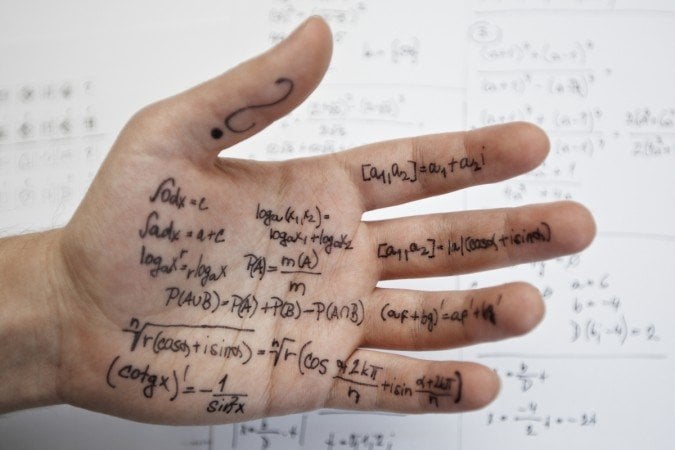Technology is a boon, but can be a bane as well if used with wrong intentions. Students’ getting caught for cheating in exams is not new, but in one incident they have been caught using FaceTime and skin-matching Bluetooth earbuds to cheat in exams.
More specifically, Apple’s FaceTime, clubbed with skin-matching Bluetooth earbuds were used by Chinese students in Singapore’s GCE-O Levels exams. They were contacted by a Singaporean private tutor, Tan Jia Yan, who assured them of good grades in English, Physics, Chemistry and Math examinations in exchange for $9,000, according to Channel News Asia.
Tan Jia Yan, 32, who on Monday pleaded guilty for her part of the cheating racket, who herself took the exam for the GCE-O Levels as a private candidate. Attorney General’s Chamber revealed that Tan was accompanied by three others to cheat in exams in the Singapore Examinations and Assessment Board. The three accomplices were the Zeus Education Centre’s principal Poh Yuan Nie and fellow teachers Fiona Poh Min and Feng Riwen.
On the day of the exam, she carried in an iPhone, attaching it onto the front of her blouse and wore a jacket to disguise it. Once the exam started, Tan connected with the principal, Poh and Feng who were waiting at Zeus’s premises. Thanks to FaceTime, Tan streamed a live feed of the question paper to them. At the tuition center, all three would search for the answers, call the students and read it to them.
Tan, who has been convicted for her role in the plot, could face a jail term of up to three years with a fine. The whole fiasco was discovered when one of the students was caught cheating. The exams were conducted from October 19 to October 24, 2016, in which an invigilator grew suspicious about a student Chen Yi, who was taking an exam for an English Paper at Tampines Secondary School.
Explaining how it all happened, one of the Chinese students, Chen Kiang, told the court that he has been preparing for the English and Mathematics classes at a Singapore tuition center to crack the GCEO-Level examination. However, just a day before his combined science practical paper on October 19, 2016, the center’s principal Poh Yuan Nie, 52, told him that she might have “something to help” in the exam, and instructed him to reach the examination center early the next morning.
Further, Xiang said after he reached the center he discovered that the “help” promised to him meant that skin matching Bluetooth earbuds would be attached to his body to help tutors see the question paper.
Singapore folks hold high regards for academic excellence, and the country has often achieved top rankings in the International Education rankings. However, now and then, the education system in Singapore has been disapproved for pushing children way too far at such a young age. Going for tutoring outside the regular class is normal in Singapore as it gives them an edge, when it comes to clearing key exams such as O Levels, which is a key to qualify for a junior college, a direct path to the university.
The whole plot of using FaceTime and skin-colored Bluetooth earbuds to cheat in exams comes as a shocker. However, it might not qualify for the most advanced way in which students have deployed technology to cheat in exams. As per the FBI, a former University of Iowa Student, Trevor Graves, rigged his professor’s computer with keylogging devices to access the exams and grading system.
Security researchers also revealed that the kids are buying Distributed Denial of Services (DDoS) attacks on the dark webs to compromise their school servers. According to the researchers, there is a flourishing market for school papers on the dark web.
Apple’s FaceTime formed an important component in the whole racket, staining the image of technology and the good that it brings in our lives. However, a standalone incident would not be enough to tarnish the hard-earned reputation of FaceTime, which just two months back was hailed for saving the life of a woman.
A report from BBC stated that the woman was on FaceTime with her sister, when she suffered a stroke. Opokua Kwapong lived alone in New York and was on FaceTime with her sister Adumea Sapong, who lives in Manchester. While chatting, Adumea noticed that her sister’s speech was not clear and her face looked somewhat different. Adumea then advised her sister to take aspirin and a glass of water, but Opokua could not do that.
Adumea says she then ‘conferenced’ with her other sister, who is a doctor. Thereafter, both the sisters suggested Opokua call 911. Opokua, who survived the clot in her brain, said undoubtedly FaceTime had saved her life.





